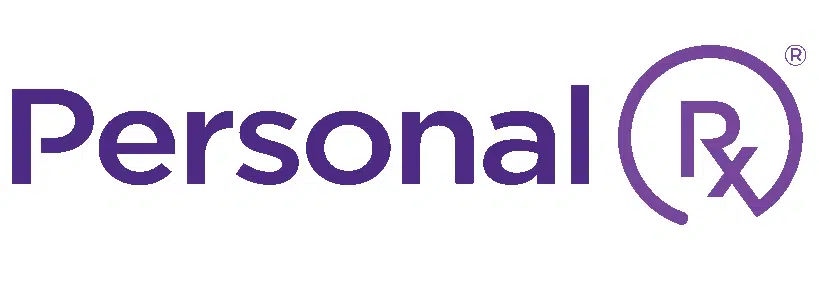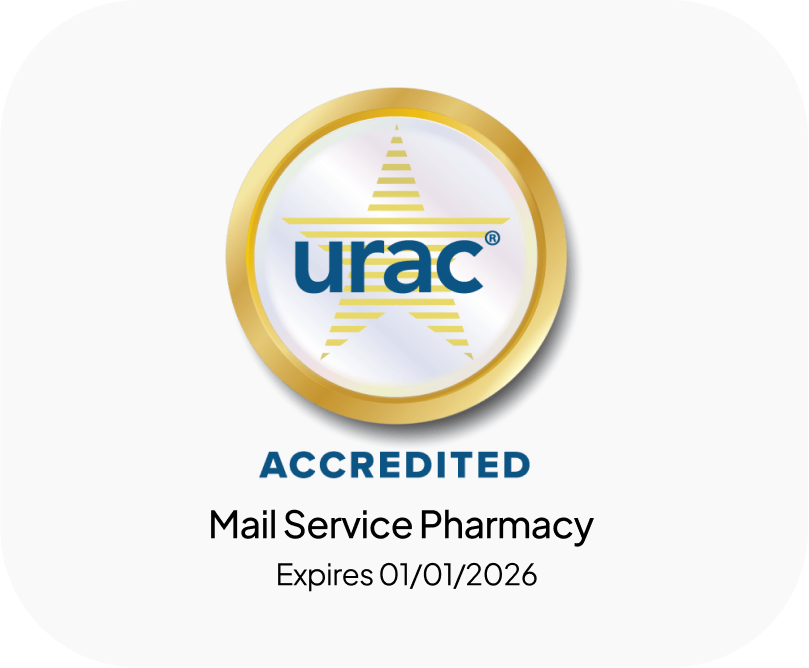If your loved one has Alzheimer’s, you know how devastating this disease can be. The National Institutes of Health (NIH) characterizes Alzheimer’s disease as a brain disorder that slowly destroys memory and thinking skills and eventually affects a person’s ability to perform even simple tasks.
According to the Alzheimer’s Association, the disease typically progresses in three stages: early, middle and late, or mild, moderate and severe. Each stage presents with different symptoms, and each stage comes with unique challenges for caregivers and patients.
In part one of this blog series, we outlined some of the general signs that your loved one may exhibit in the early stage of Alzheimer’s. In this part two, we’ll focus on recognizing the symptoms of moderate and severe Alzheimer’s and offer ways you can provide optimal care for your loved one.
Middle-stage Alzheimer’s
Middle-stage Alzheimer’s is typically the longest stage, oftentimes lasting for years. Symptoms to look for include difficulty reading and writing, increased confusion and memory loss, changes in sleeping patterns, anxiety and restlessness, and even withdrawal from social activities. Over time, as this stage of the disease progresses, your loved one will require a greater level of care.
Late-stage Alzheimer’s
In late-stage Alzheimer’s, symptoms to look for include an inability to communicate, increased sleeping, little interest in eating, a lack of awareness of recent experiences or surroundings, and difficulty walking and sitting. Your loved one will be completely dependent on you and others for their care in this stage.
Here are some ways you can support a loved one as he or she progresses through the middle and late stages of Alzheimer’s disease.
Simplify Tasks
During the middle or moderate stage, your loved one living with Alzheimer’s will need assistance with most daily tasks. They may struggle with tasks that have multiple steps, such as getting dressed. Know what daily activities your loved one is still capable of performing on their own, and find ways to simplify these tasks to contribute to your loved one’s quality of life through this stage.
Explore Treatment Options
There are emerging medications that target the underlying conditions of Alzheimer’s in order to treat the progression of the disease and alleviate some of the symptoms. Some may help by temporarily improving memory and thinking skills or by managing behavioral problems. You may want to utilize an online pharmacy for this. For example, PersonalRX not only creates customized, clearly-labeled pill packs that group medications for easy dosing, but also delivers prescriptions to your loved one’s home every 30 days. Additionally, a dedicated Personal Care Coordinator reviews your loved one’s medications with them monthly and is available anytime for them or you as their caregiver.
Hire Assistant Care
As the demand for more intensive care for your loved one increases in the middle stage, you may find it helpful to hire respite care. During the late stages of Alzheimer’s, you may want to utilize hospice care, which focuses on providing comfort and maintaining dignity as your loved one nears the end of life. Aging Life Care Associates is another resource that has experts who can provide assistance in these stages. Many caregivers may find these care options to be a great way to improve their loved one’s quality of life with this disease.
Utilize a Strong Support Network
Caring for your loved one with Alzheimer’s is no simple task, and sharing the emotional and physical load with a good support system will help you carry some of the weight. There are support groups where you can share experiences with and get tips from other caregivers, and use these tips to help support your loved one through the middle and late stages of Alzheimer’s.
As a caregiver for your loved one with Alzheimer’s, it will be in both you and his or her best interest to inform yourself the best you can on the disease. The more you know and understand about each stage, the more prepared you’ll be to adjust the level of care needed as your loved one’s Alzheimer’s progresses.




